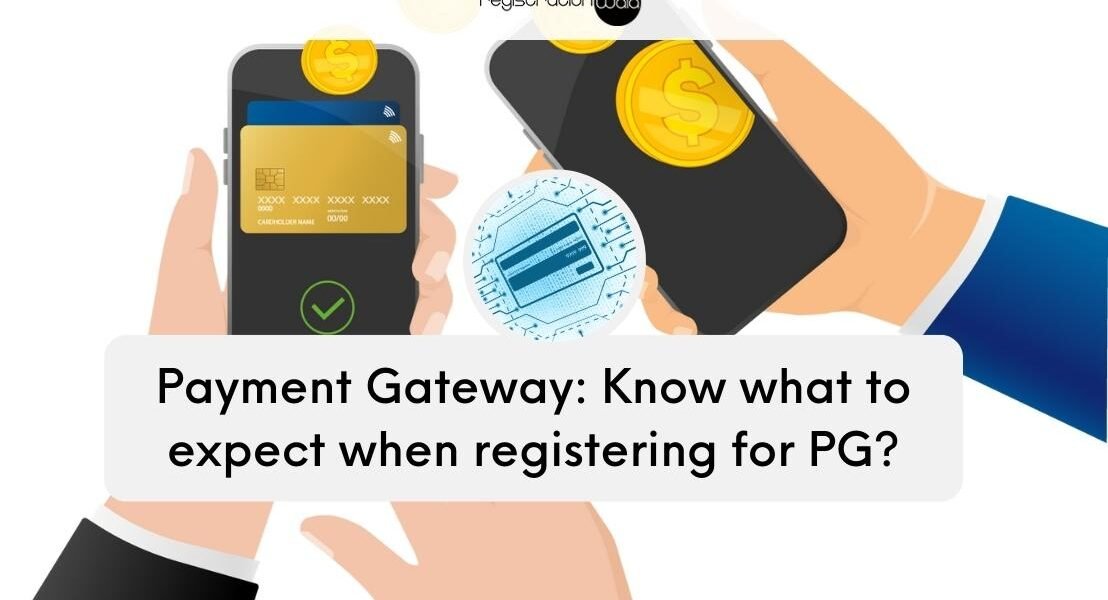Authorization
Entry Point Norms post-Authorization
Every Non-Bank Payment Gateway requires authorization from RBI under PSSA. Therefore, every existing Payment Gateway must apply for authorization. However, from the date of such guidelines, they must be given one financial year to comply with the entry point norms and other technology, security, storage, etc. norms issued in the regard.
E-commerce as a Payment Gateway
Every e-commerce marketplace acting as a Payment Gateway to other merchants must stop the activity within three months. If they desire to pursue this activity, then the Gateway license holder must separate the activity(s) from the marketplace business. Also, the separate entity must comply with the regulations.
Banks as Payment Gateways
Banks acting as Payment Gateways must obtain authorization or approval under PSSA and a No Objection Certificate from the regulatory department of RBI.
Company as a Payment Gateway
Entities undertaking Payment Gateways activity must be a company incorporated in India under the Companies Act of 2013. Also, the Memorandum of Association (MoA) of the applicant entity must cover the proposed activity of operating as a Payment Gateway.
Also Read: What Are the Benefits of Eating Raw Nuts?
Payment Gateways must deal only with merchants with a physical presence in the country.
Payment Gateway: Capital Requirements
Net-worth Requirement
Net-worth Maintenance
Capital requirements of a Payment Gateway System must have a minimum net worth as prescribed for Bharat Bill Payment Operating Unit (BBPOUs). Furthermore, they must maintain such an amount at all times.
Current Net-worth
Currently, the net worth requirement of a Payment Gateway license is ₹ 100 crore.
Net-worth Compliance
Existing Payment Gateways must comply with this net-worth requirement within one year after the issuance of guidelines by RBI.
Net-worth Composition
Net worth must consist of paid-up equity capital and preference shares which are compulsorily convertible into the following:
- Equity Capital
- Free Reserves
- Balance in share Premium Account
- Capital Reserves
Surplus from Sale Proceeds
The above-mentioned represents a surplus arising from the sale proceeds of assets. But these surpluses are not reserves created by revaluation of assets adjusted for accumulated loss balance, the book value of intangible assets, and deferred revenue expenditure, if any.
Convertible Shares
Convertible preference shares can be compulsorily, either non-cumulative or cumulative. Also, they can be compulsorily convertible into equity shares. The shareholder agreements must specifically prohibit any withdrawal of this preference capital at any time.
Entities with Foreign Investments
Entities having Foreign Direct Investment (FDI), Foreign Portfolio Investment (FPI), and Foreign Institutional Investment (FII) must also meet the capital requirements as applicable under the extant Consolidated FDI policy guidelines of the Government of India.
Non-Compliance with Capital Requirement
Entities unable to comply with the net-worth requirement within the stipulated time frame must, above all, not apply for authorization. But they can wind up payment aggregation business within one year of issuance of guidelines. The banks presently maintaining nodal accounts of such entities must report compliance in this regard.
Payment Gateway Governance
Entity Management
The Payment Gateway entity must be professionally managed. Also, the Company’s promoters must satisfy RBI’s fit and proper criteria.
Agreements with the Stakeholders
The agreements between aggregators, merchants, acquiring banks, and all other stakeholders must delineate the role and responsibilities of the involved parties in the following:
- Sorting Complaints
- Handling Complaints
- Refund
- Failed Transactions
- Return Policy
- Customer Grievance Redressal, including turnaround time for resolving queries
- Dispute Resolution Mechanism
- Reconciliation
Information Disclosure
The Gateway must disclose comprehensive information regarding the following:
- Merchant Policies
- Pricing
- Customer Grievances
- Privacy Policy
- Terms & Conditions on the website as well as the mobile application
Also Read: Company Registration
Board Approved Policy
The entity must have a board-approved policy for the following:
- Disposal of Complaints
- Dispute Resolution Mechanism
- Timelines for Processing Refunds
Nodal Officer appointment
The entity must appoint a Nodal Officer responsible for regulatory as well as customer grievance handling functions. The Gateway must also display the details of the nodal officer prominently on their website.
Payment Gateway: Safeguards against Money Laundering
The guidelines issued by the Department of Banking Regulation, RBI, in their Master Direction – Know Your Customer (KYC), must apply the following mutatis mutandis to all Payment Gateway entities:
- Know Your Customer (KYC)
- Anti-Money Laundering (AML)
- Combating Financing of Terrorism (CFT)
If you want to know the extent of authorization, governance, and capital requirement of a Payment Gateway, then read this article.
